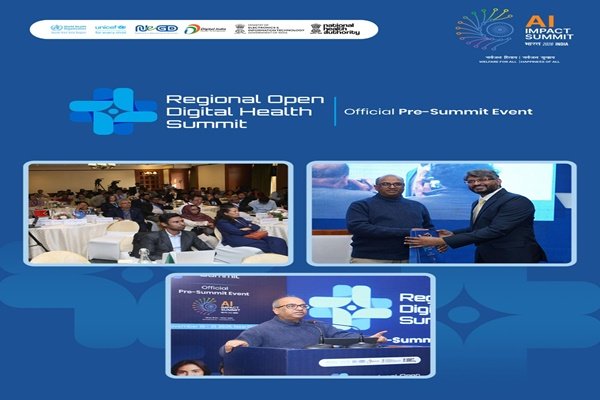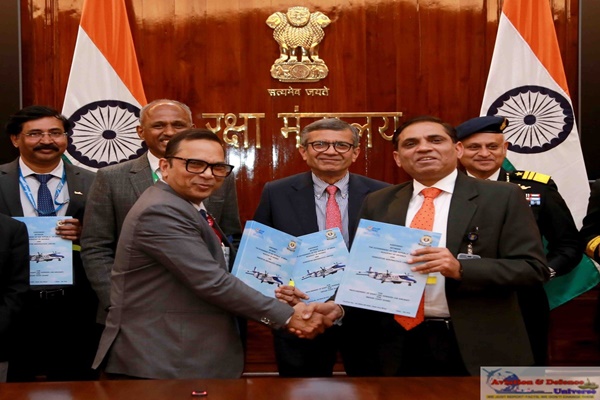Last Updated on November 22, 2025 11:56 pm by BIZNAMA NEWS

NEW DESK
The three-day Regional Open Digital Health Summit 2025, held in New Delhi, underscored the urgent need for sustainable financing, stronger regional collaboration, and AI-enabled governance to accelerate digital health transformation across South Asia and neighbouring regions.
In a statement, the Ministry of Electronics and IT said the summit delivered a clear message: digital health is not just a technology upgrade but a long-term systemic shift that demands robust standards, effective governance, interoperability, and inclusive implementation.
Addressing the final session, Additional Secretary Abhishek Singh called for developing a safe, inclusive and globally aligned AI-enabled health ecosystem, emphasising that AI must be integrated responsibly to strengthen healthcare services.
A key outcome of the summit was the recognition that sustainable financing remains a critical foundation for digital health reforms, particularly amid shrinking fiscal space, rising healthcare costs, and dwindling international aid. Delegates from India, Bangladesh, Maldives, Nepal, Sri Lanka, Bhutan, Thailand, and Timor-Leste identified shared challenges including fragmented funding channels, reliance on donors, and inadequate long-term budgeting.
In the concluding session, Dr. Karthik Adapa, Regional Advisor for Digital Health at the WHO South-East Asia Regional Office, highlighted the core pillars required for a strong digital health architecture—Digital Public Infrastructure, applications, good governance, and capacity-building.
The summit concluded with a collective commitment to deepen cooperation, pool expertise, and strengthen investment strategies to accelerate accessible and resilient digital health systems across the region.







